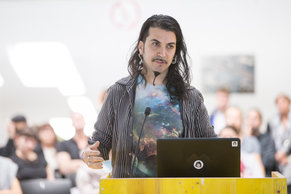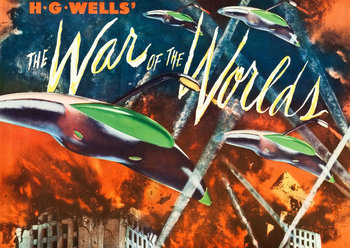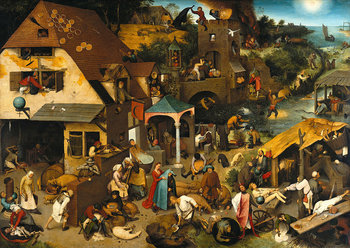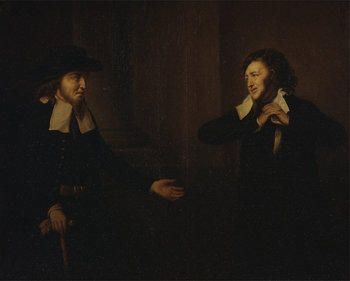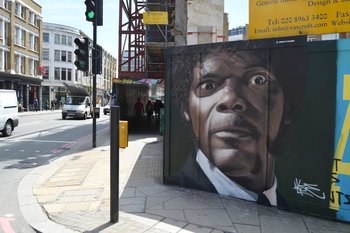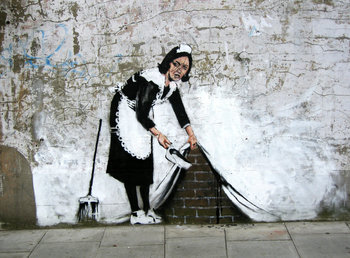
Plot | An interesting sequence of events. |
Narrative Thread | A recurring theme that ties different parts of a plot together. |
Foreshadowing | Hints or clues about what will happen in a story. |
Plot Twists | An unexpected direction or outcome in a story. |
Character Development | The process of conveying the personality, background and motives of a character. |
Emotional Depth | The complexity, humanity and authenticity of your story and its characters. |
Character Flaws | Audiences don't relate or sympathize with perfect characters. Flaws are essential. |
Dialogue | Conversations between characters. |
Internal Monologue | Conveying what a character says to themselves. |
Archetypes | Archetypes are types of character that are deeply ingrained in culture. |
Imagery | Vivid language that evokes the senses. |
Worldbuilding | Stories that build out a fictional world or universe. |
Atmosphere | Giving the audience a sense of environment and setting. |
Voice | The characteristic style of the storyteller. |
Mood | The general feeling of a story. |
Pacing | Having events unfold at a particular speed. |
Figurative Language | Technically incorrect or unconventional language that's used for effect and nuance. |
Symbolism | Elements of a story that mean something beyond their literal meaning. |
Theme | The underlying meaning of a story. |
Tension | Sustaining the audience's interest with unresolved problems. |
Suspension Of Disbelief | The audience may temporarily suspend critical thinking to enjoy a good story. |
Literary Devices | Literary devices are well known storytelling techniques. |
MacGuffin | Giving a character a secret motivation that is never revealed to the audience. |
Deus Ex Machina | A seemingly unsolvable problem is magically solved. |
Personification | Describing non-human things as if they were human. |
Analogy | Comparing two things such as in a metaphor. |
Dry Humor | The presentation of humor as if it weren't humor. |
Humor | Framing the dark and absurd to make people feel strangely happy. |
Kairos | Saying the right thing at the right time, particularly important to humor. |
Satire | The use of humor to criticize power or famous people. |
Irony | The use of seemingly opposite things that have some commonality that feels absurd. |
Improvisation | A cooperative spontaneous performance or story. |
Slice of Life | Using everyday situations that aren't dramatic in a story. |
Artistic License | The ability to break the rules when telling a story. For example, using incorrect grammar to produce some effect. |
Jumping The Shark | An attempt to impress that feels lame. |
Lost The Plot | A story that begins to feel random or otherwise pointless. |
Resolution | Resolving the problems that were used to create tension. |
Tagline | The use of memorable phrases. |
Rule of Three | The rule of thumb that things should be structured into three parts. |
Peak-end Rule | The principle that people tend to best remember the start and the end of a story. |

